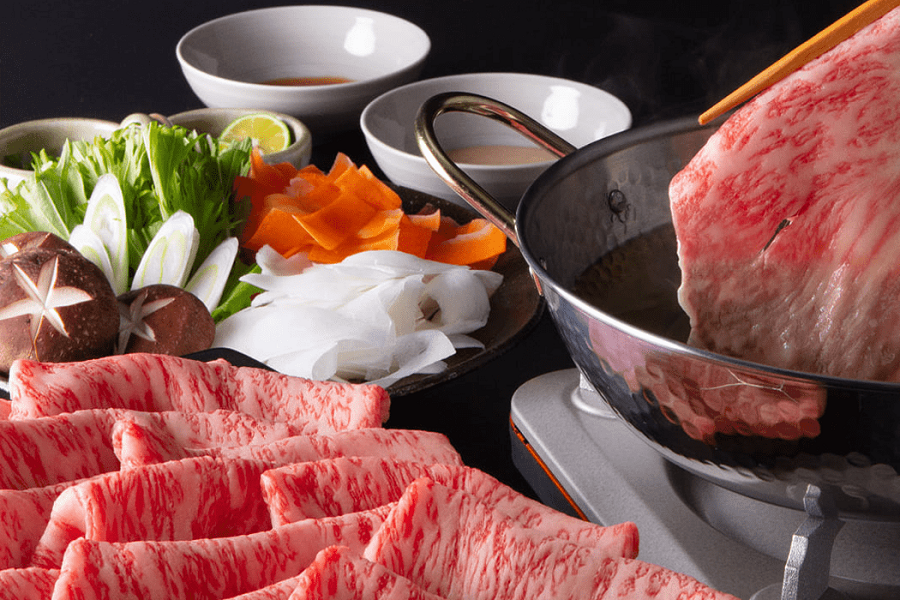Recent debates in bodybuilding nutrition have revolved around low-carb diets and the replacement of chicken and fish with beef. Once again, beef is revered as the most important part of a muscle-building diet plan. Arnold Schwarzenegger and Frank Columbus must have laughed when they heard this so-called “recent development”, since they have been eating steak as a main meal since the 1970s – long before scientific experiments Backed by experience: For the best results, include at least one or two beef in your five-a-day diet. Here are the top five benefits of including beef in your daily bodybuilding diet:
- Beef is rich in creatine
Beef has more creatine than any other food, making it particularly effective for building muscle and building strength. In the first few seconds of training, sarcosine is a source of muscle fuel, and it effectively replenishes ATP, allowing training to last longer.
- Beef contains vitamin B6
The greater the protein requirement, the more vitamin B6 should be added to the diet. Beef contains enough vitamin B6, which can help you strengthen your immunity, promote protein metabolism and synthesis, and thus help your body recover after intense training.
- Beef contains carnitine
The content of carnitine and sarcosine in chicken and fish is very low, but beef is very high. Carnitine is mainly used to support the metabolism of fat and produce branched-chain amino acids, an amino acid that plays an important role in muscle growth for bodybuilders.
- Beef contains potassium and protein
Potassium is a mineral that is relatively deficient in most athletes’ diets. Low levels of potassium can inhibit protein synthesis and the production of growth hormone, which can affect muscle growth. Beef is packed with protein: 4 ounces of lean tenderloin yields 22 grams of top-notch protein.
- Beef is a low-fat source of linoleic acid
Beef is low in fat but rich in bound linoleic acid, a potential antioxidant that can be effective against tissue damage caused by exercise such as weightlifting. In addition, linoleic acid also acts as an antioxidant to maintain muscle mass.


